China Training Ignites Momentum for Rutsiro’s Beekeeping Hub to Advance Women for Bees Legacy
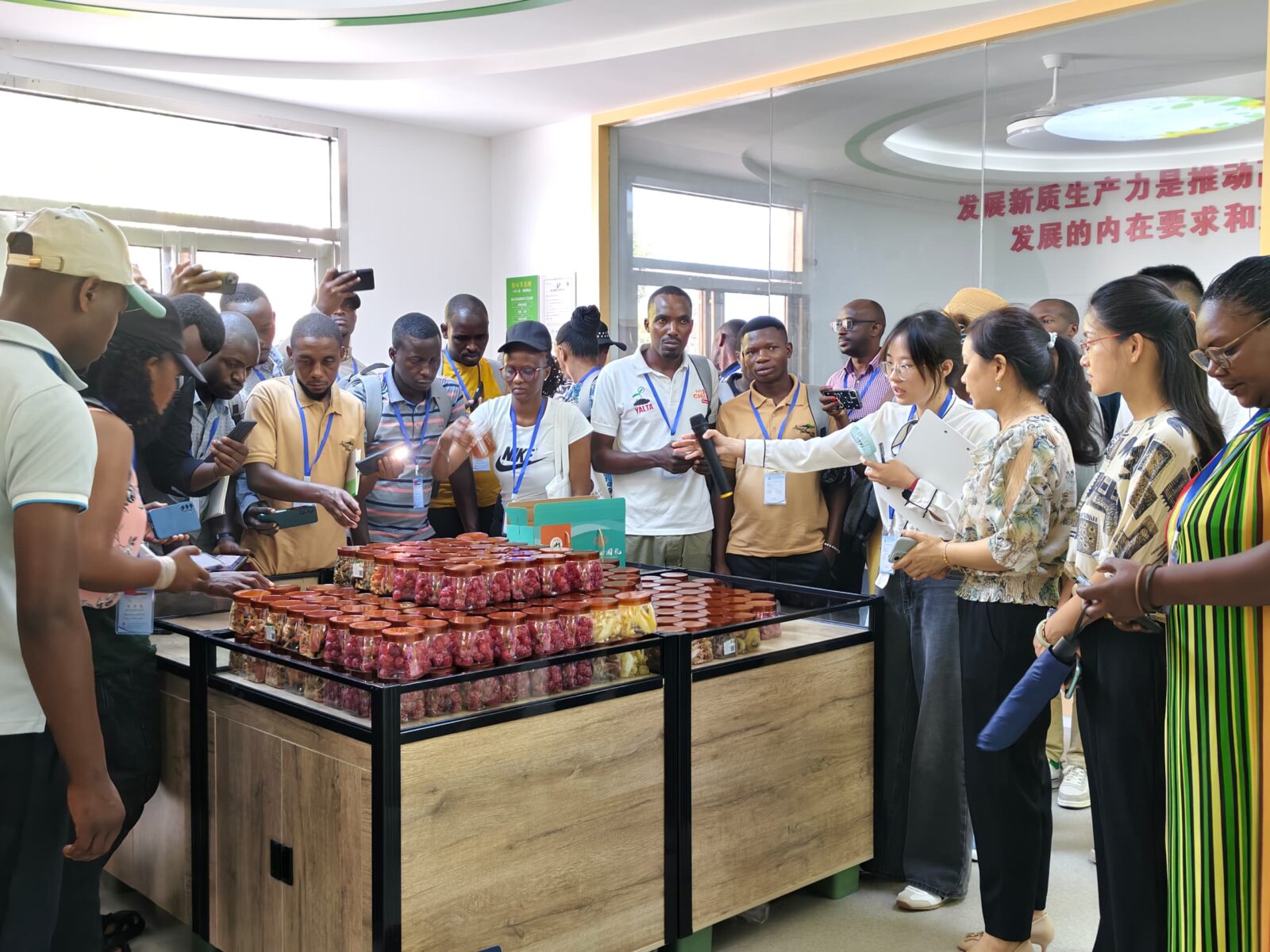
As a diverse delegation of Rwandan participants in beekeeping, honey processing, agriculture, research, and regulatory bodies nears the end of their two-week training in China, one thing is clear: a permanent beekeeping training and research center in Rutsiro is essential—especially to extend the impact of the Women for Bees initiative.
The “Training on Beekeeping and Honey Processing Technology for Rwanda”, held July 8–21 in Changsha and hosted by Hunan Agriculture Group under a partnership between MIFOTRA and the Government of China, covered advanced topics from artificial queen rearing to off‑season hive management, and from pollen/royal jelly extraction to hygienic packaging. The training revealed progressive practices, but also a critical gap in Rwanda’s capacity to adopt them.
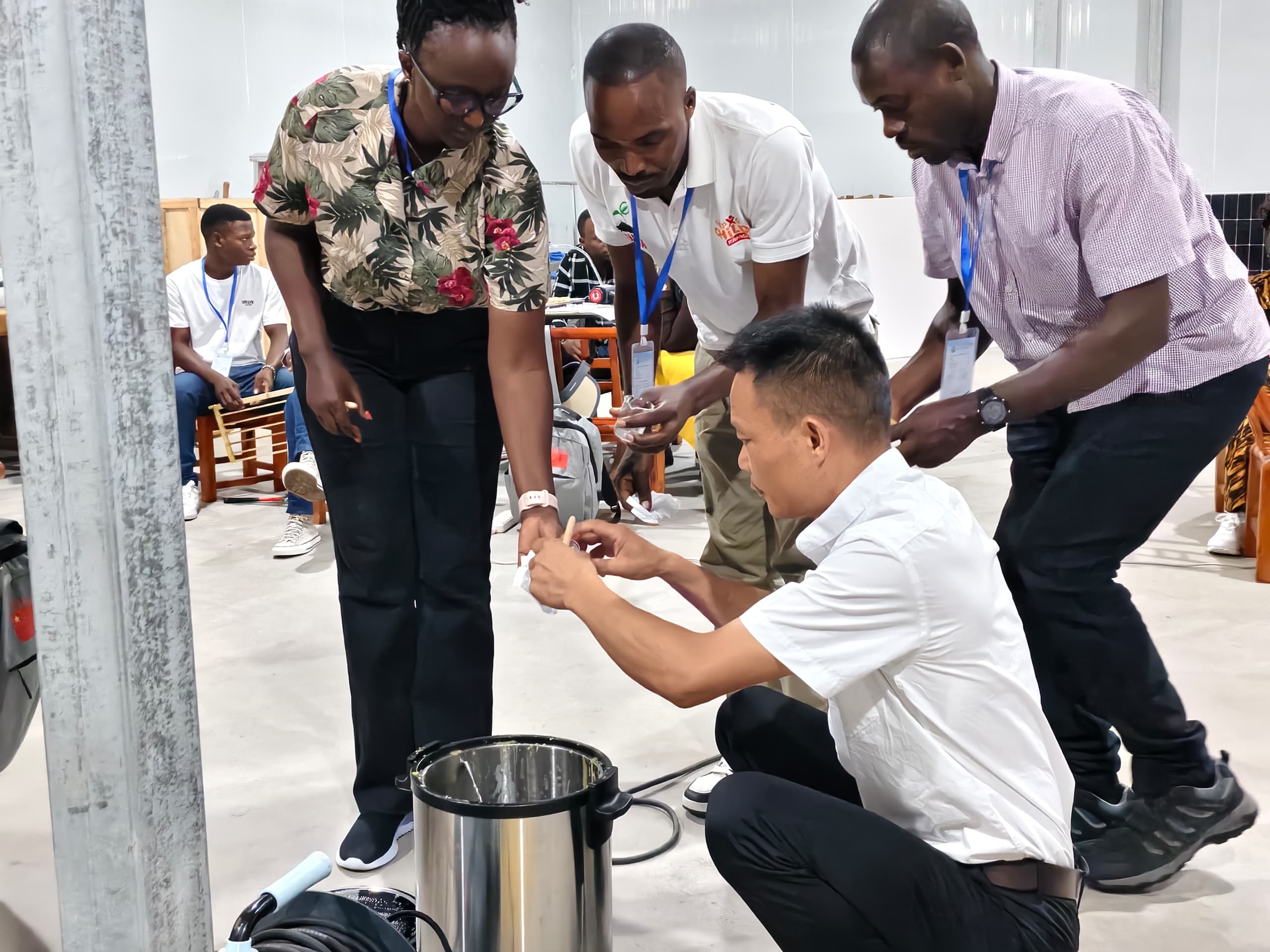
“We need a permanent center back home,” said Nyirakamineza Marie Chantal, President of the Union des Cooperatives Apicole de Gishwati (UNICOAPIGI) and Director of Rutsiro Honey Ltd. “It will let us continue teaching beekeepers, pilot new techniques, and train future trainers.”
Marie Chantal—who oversees operations at Rutsiro Honey Ltd. and supports Women for Bees cooperatives—was especially struck by the processing facilities she saw:
“They use machines to dry pollen, press propolis, refrigerate royal jelly, and package everything hygienically. Back home we don’t even have pollen dryers or queen cages—without them, this knowledge stays theory.”
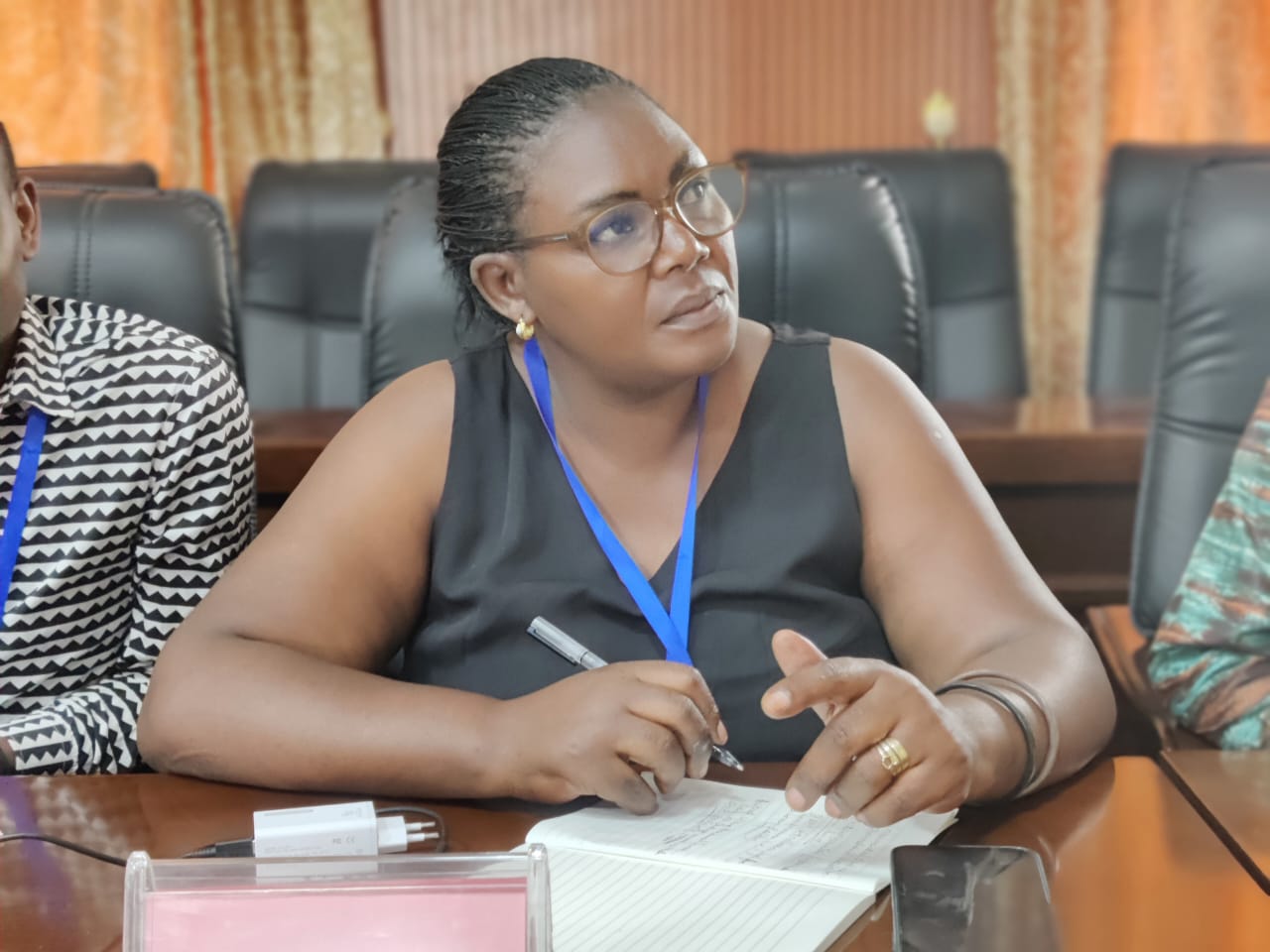
Sharing her excitement, Felicien Sibomana, a hive inspector and trainer affiliated with Women for Bees, added:
“They walked us through artificial queen rearing step-by-step—it was so precise. Here, every tool has a purpose. In Rutsiro, most beekeepers still rely on traditional methods without that equipment.”
He also highlighted how tools like pollen extractors, propolis presses, packaging equipment, digital hive trackers, and proper feeding systems are critical—but largely unavailable here:
“Modern beekeeping isn’t just knowledge. It needs tools.”
Central to this momentum is the Women for Bees programme—a global partnership between UNESCO and Guerlain that empowers women through beekeeping in UNESCO biosphere reserves. In Rwanda’s Gishwati-Mukura zone, it supports cooperatives COVED, COAPIRU, and CODACE. With 33 women already trained in sustainable beekeeping, the initiative is rapidly gaining traction.
“We want this to grow. We don’t want it to stop with us,” said Mukasine Emmelienne of the COVED Cooperative. “If there was a center, more women could learn—and more lives could change.”
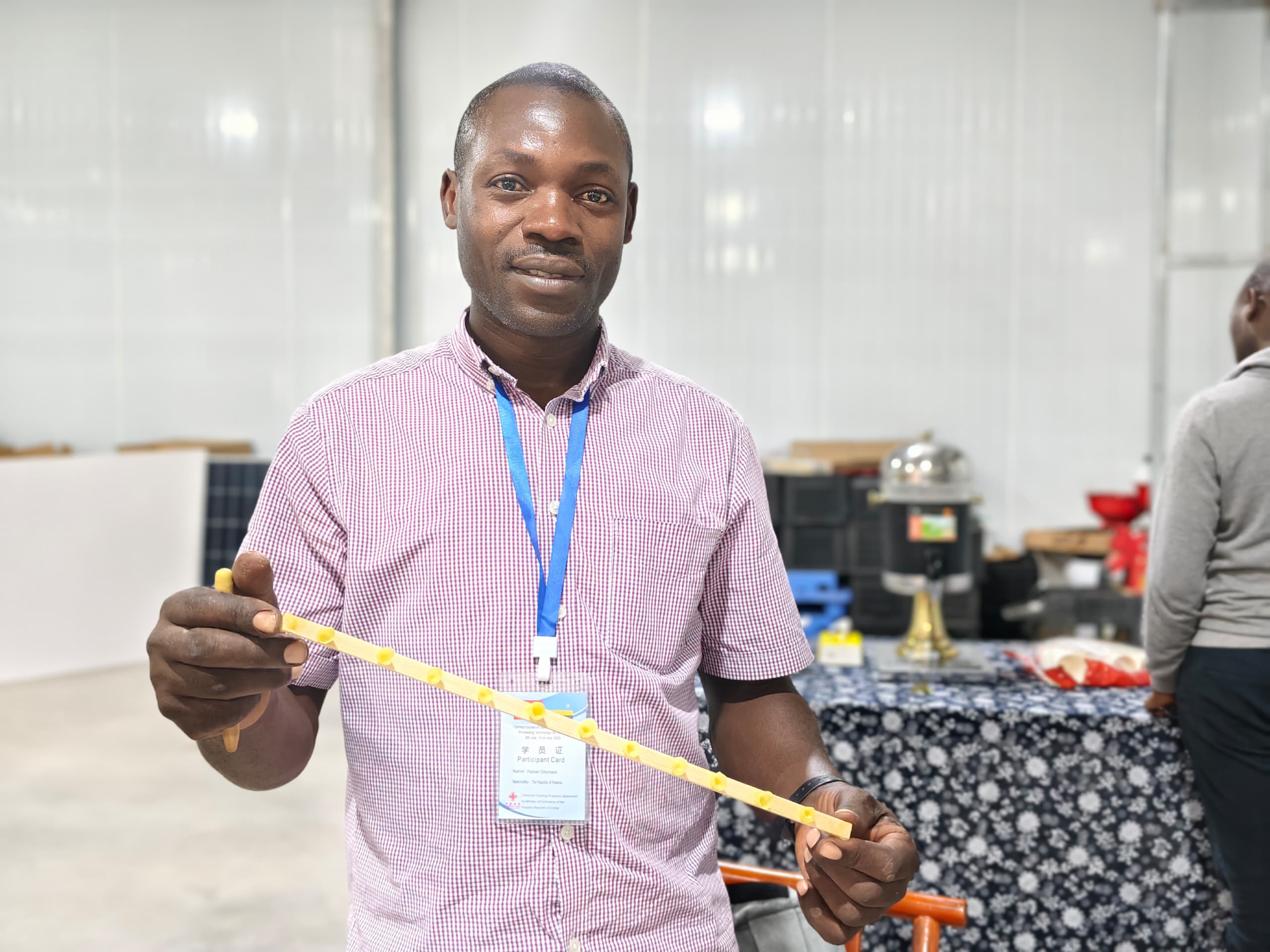
UNESCO/CNRU’s Dominique Mvunabandi—Director of Sciences, Technology & Innovations—emphasized that a center rooted in Women for Bees would strengthen local knowledge, open access to markets—especially for women—and elevate Rwanda’s role in bee-sector innovation.
A future Gishwati Apiculture Training Center (GATC) would include a demonstration apiary with modern hive technologies, processing labs with pollen dryers, royal jelly extractors, propolis presses, packaging facilities, queen-rearing rooms, digital record‑keeping systems, and regular workshops led by Women for Bees alumni and experts.
“We’ve gained knowledge,” said Felicien. “Now we need a place—and the tools—to pass it on—to women, youth, and anyone ready to work with bees.”
Participants believe that with international interest—China signaling openness to import Rwandan honey, conveyed as “sweet honey, strong partnership”—the time is ripe. Building this center in Rutsiro would honor the legacy of Women for Bees and position Rwanda to seize global opportunities while supporting rural women.
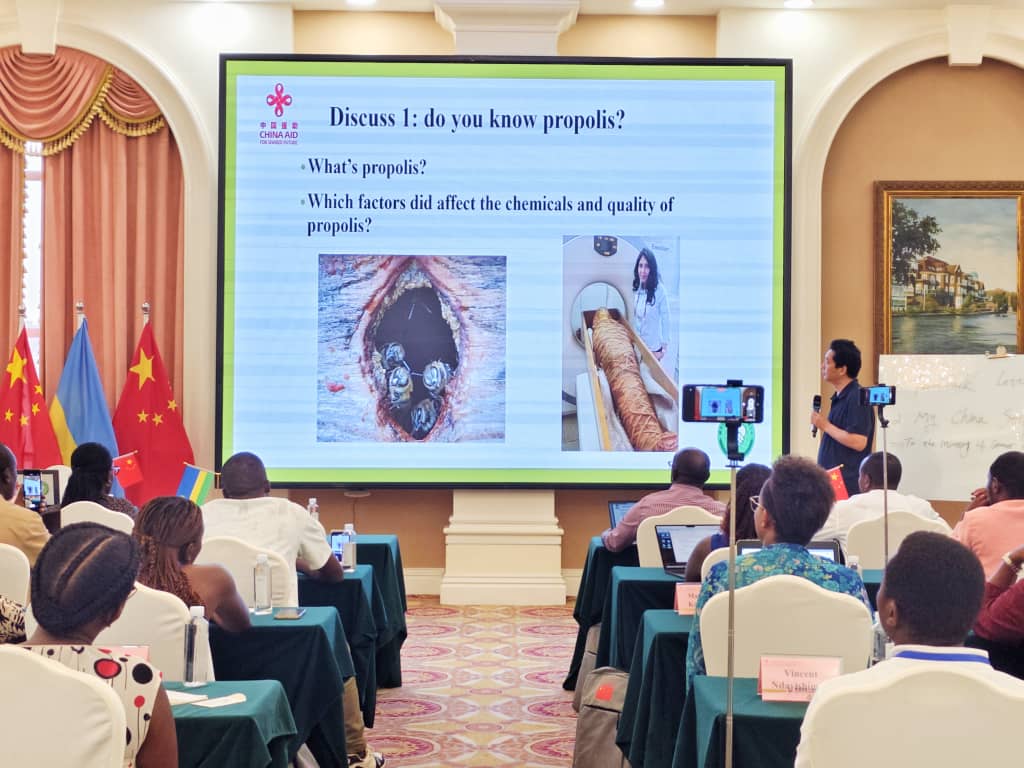
Other pictures:
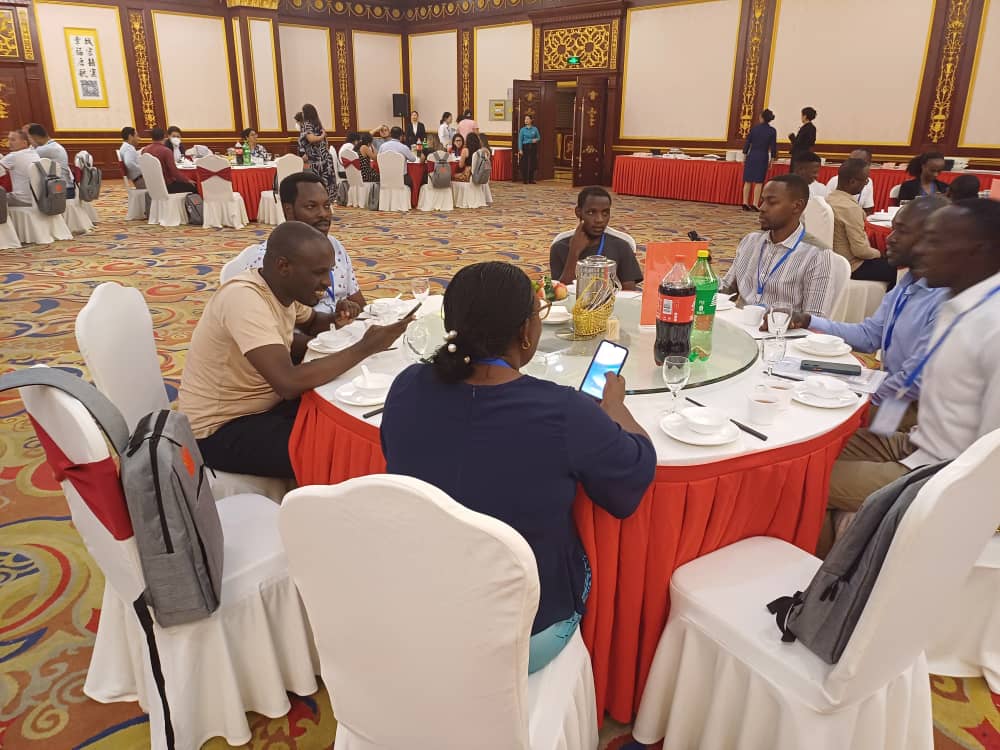
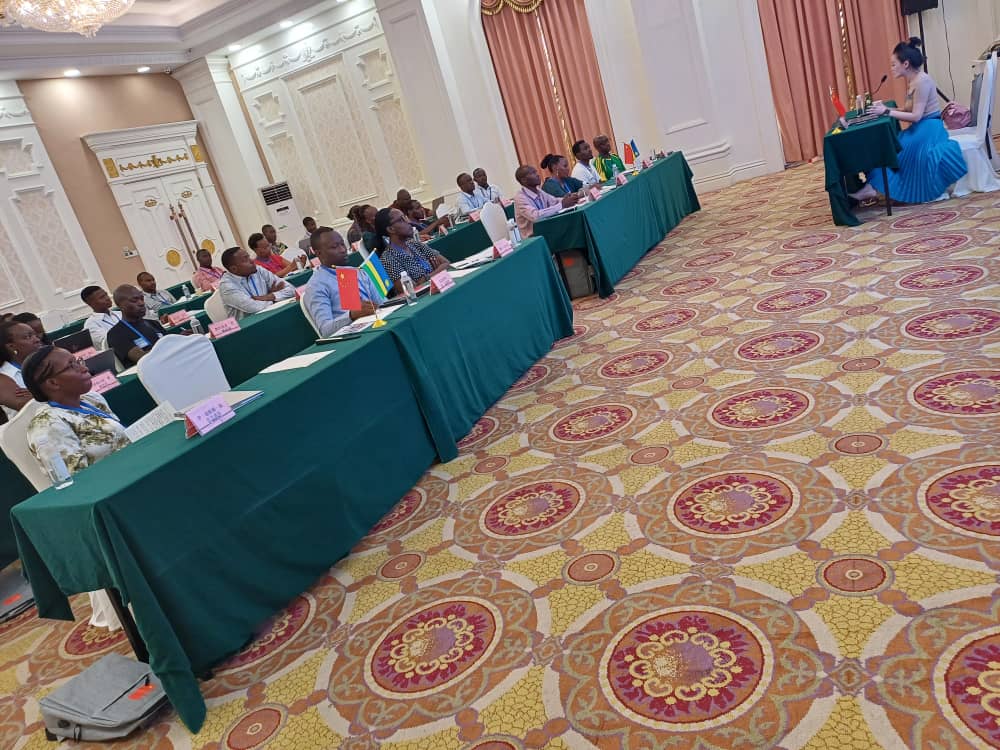
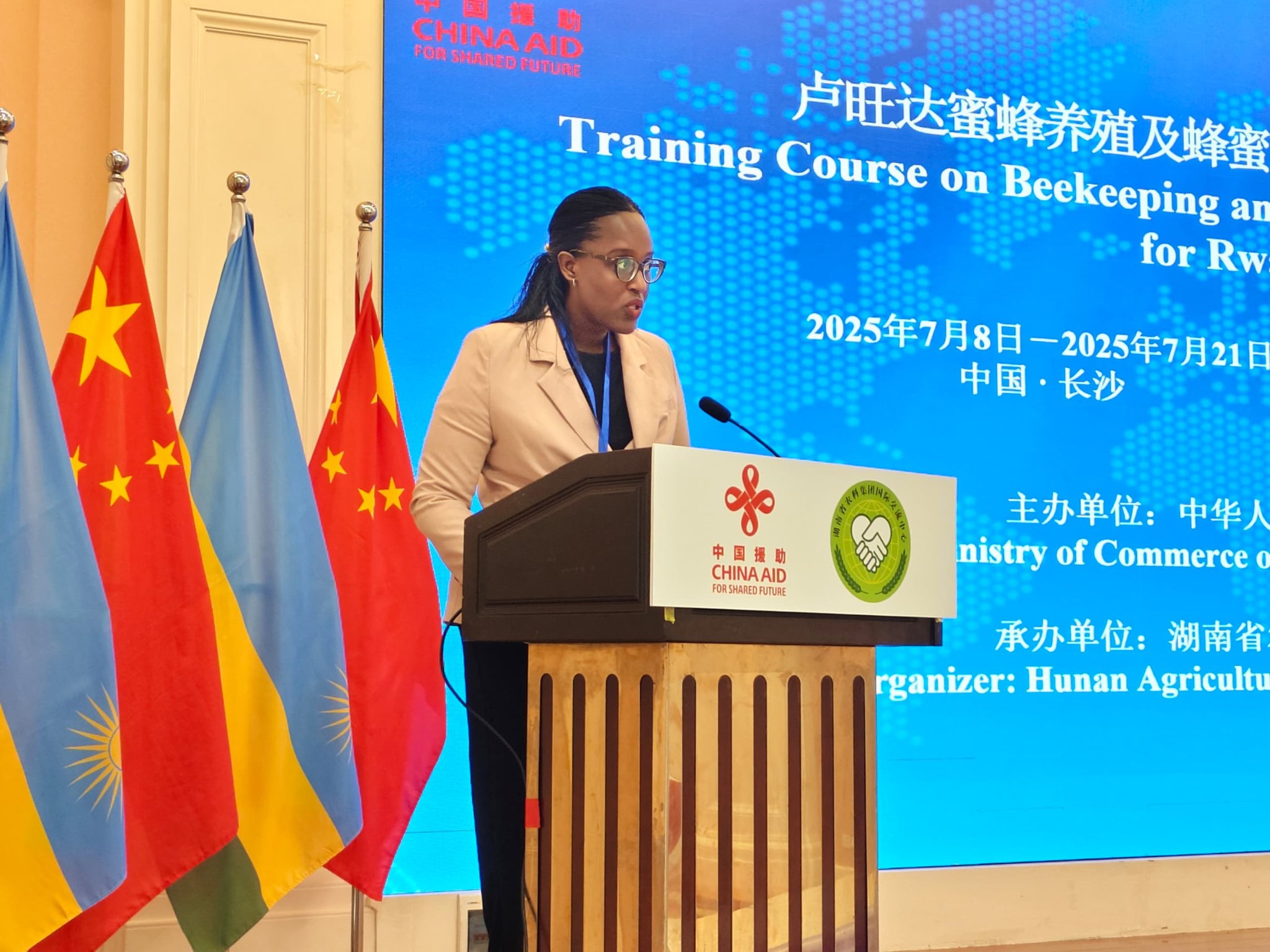
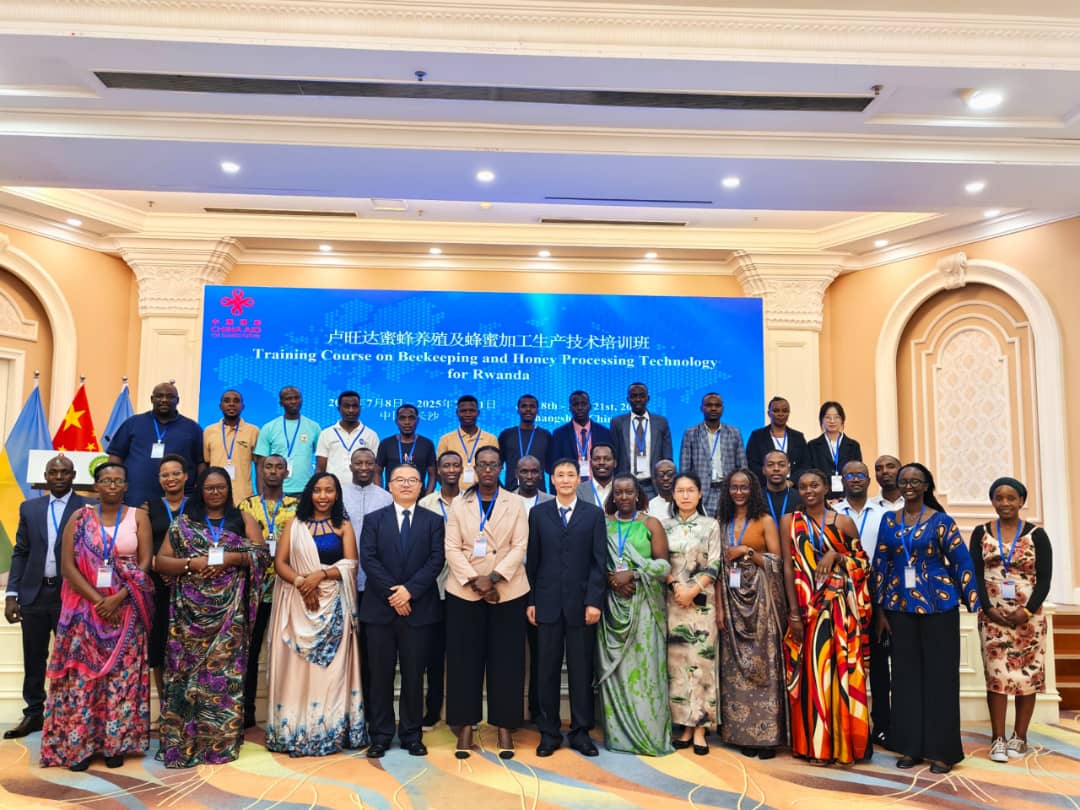
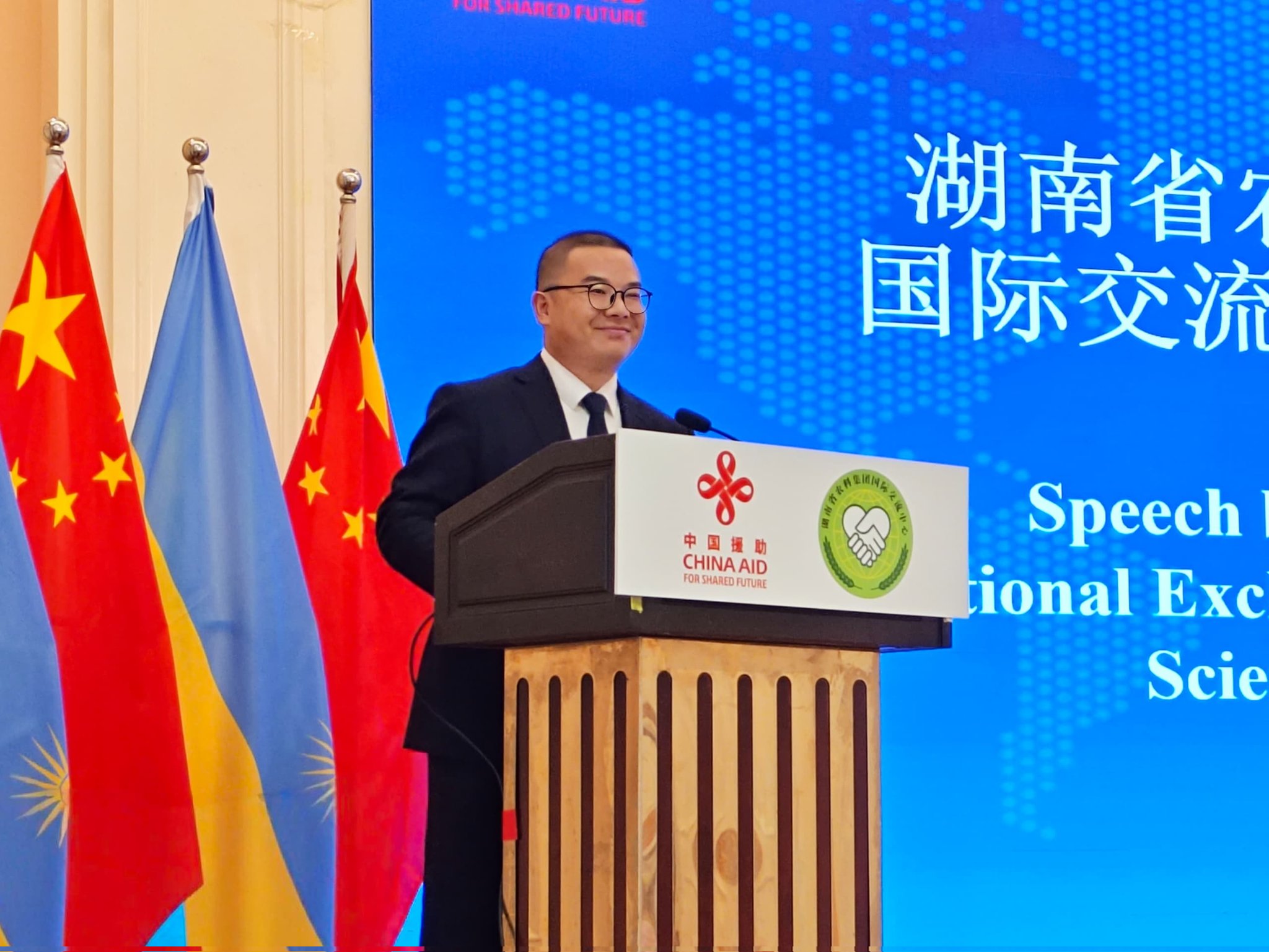
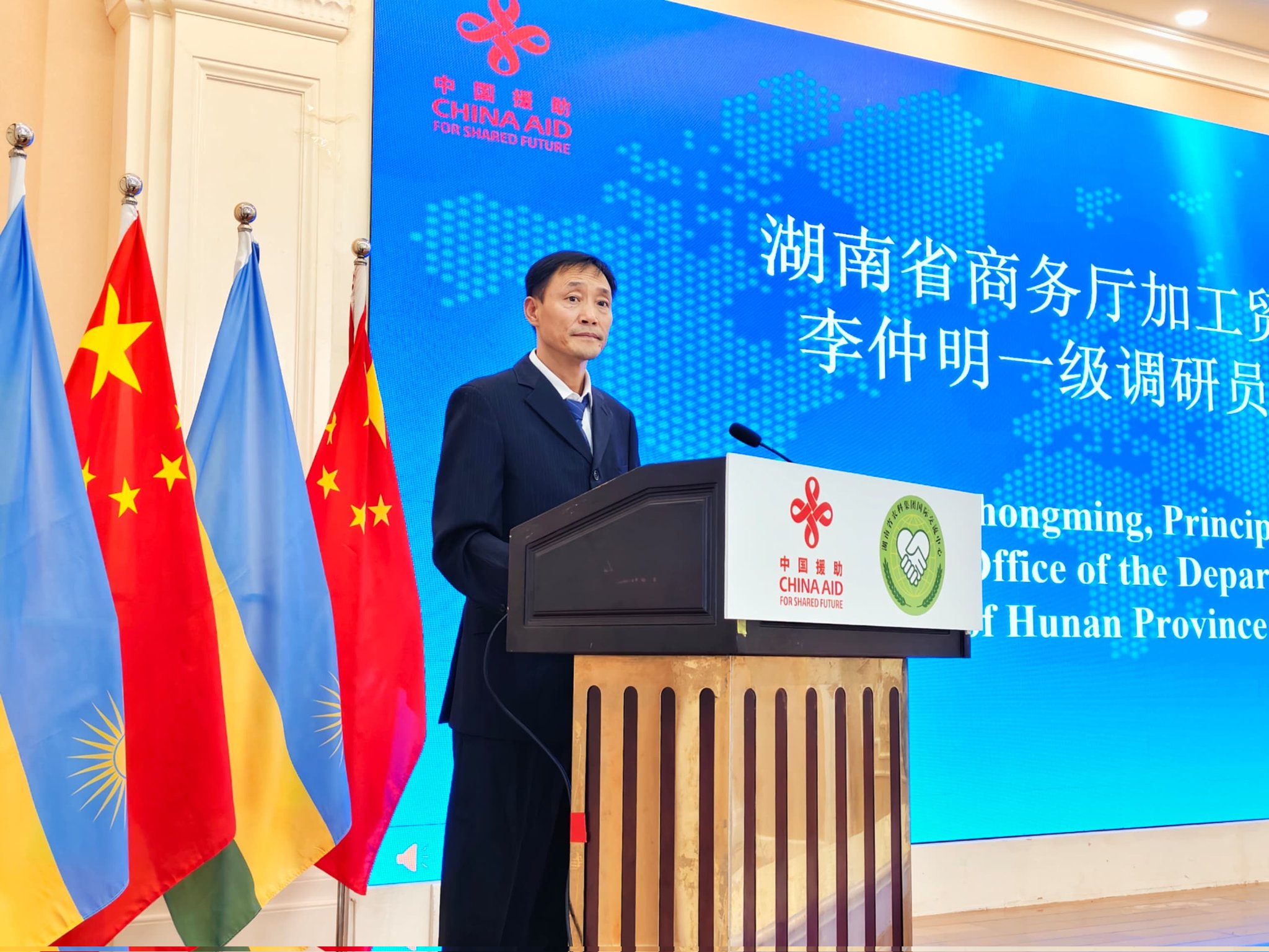
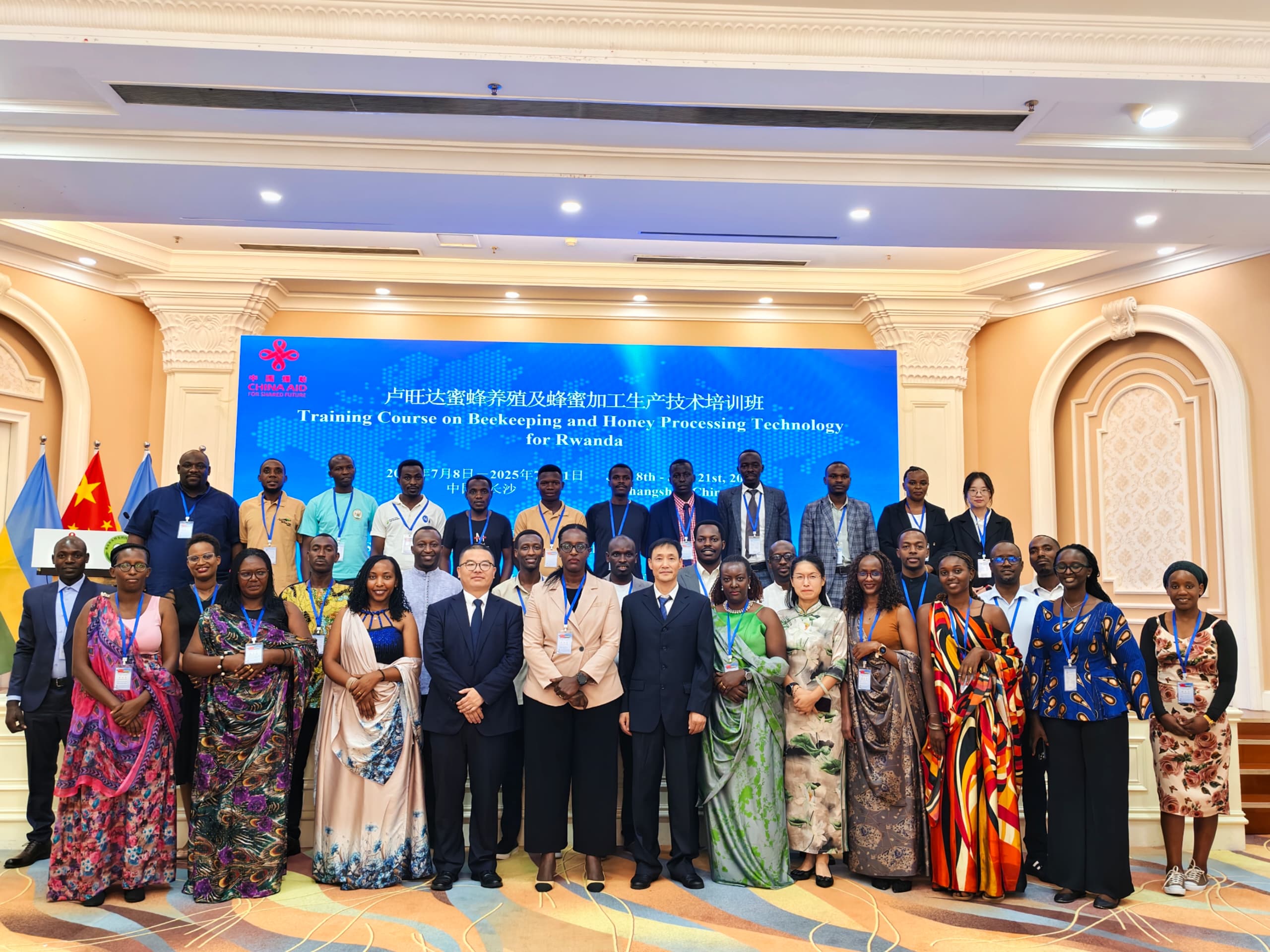
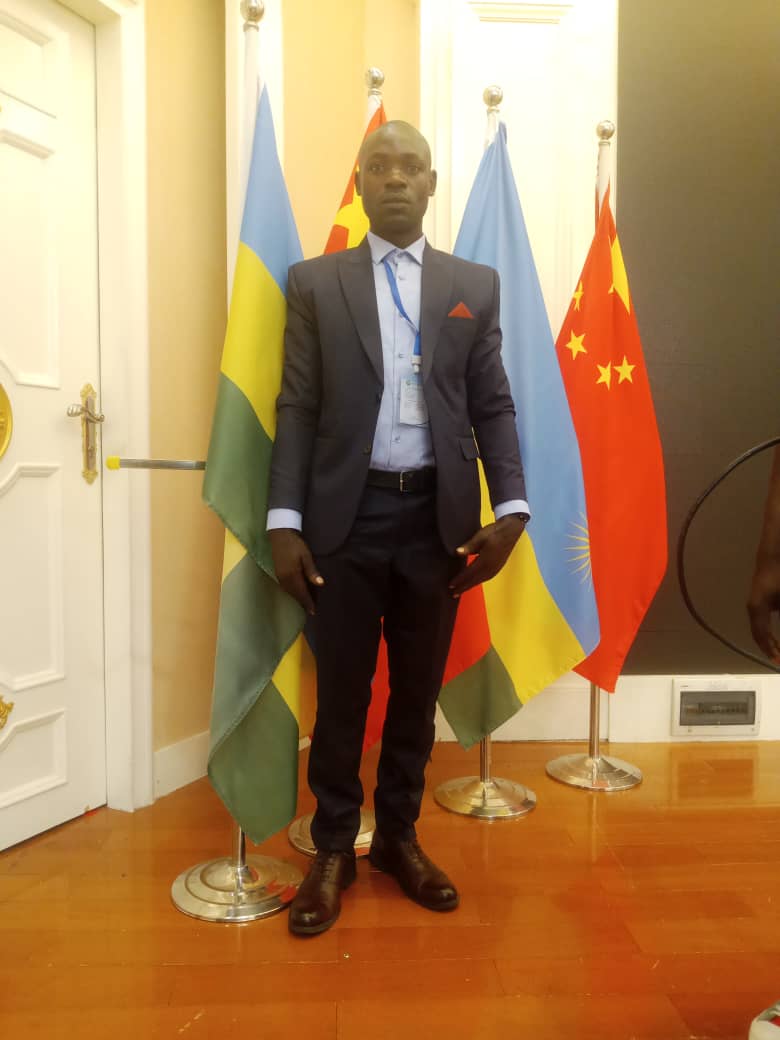
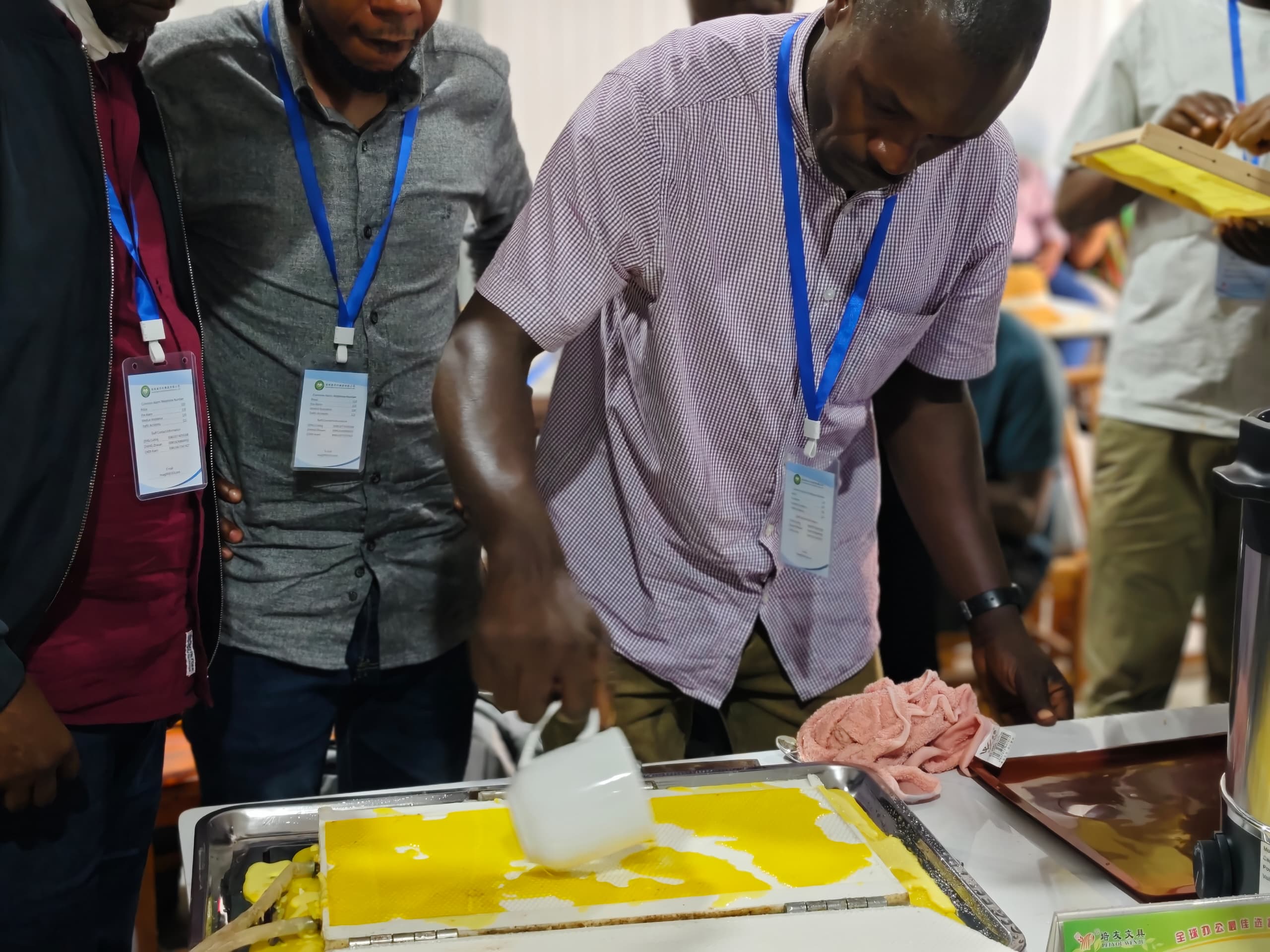
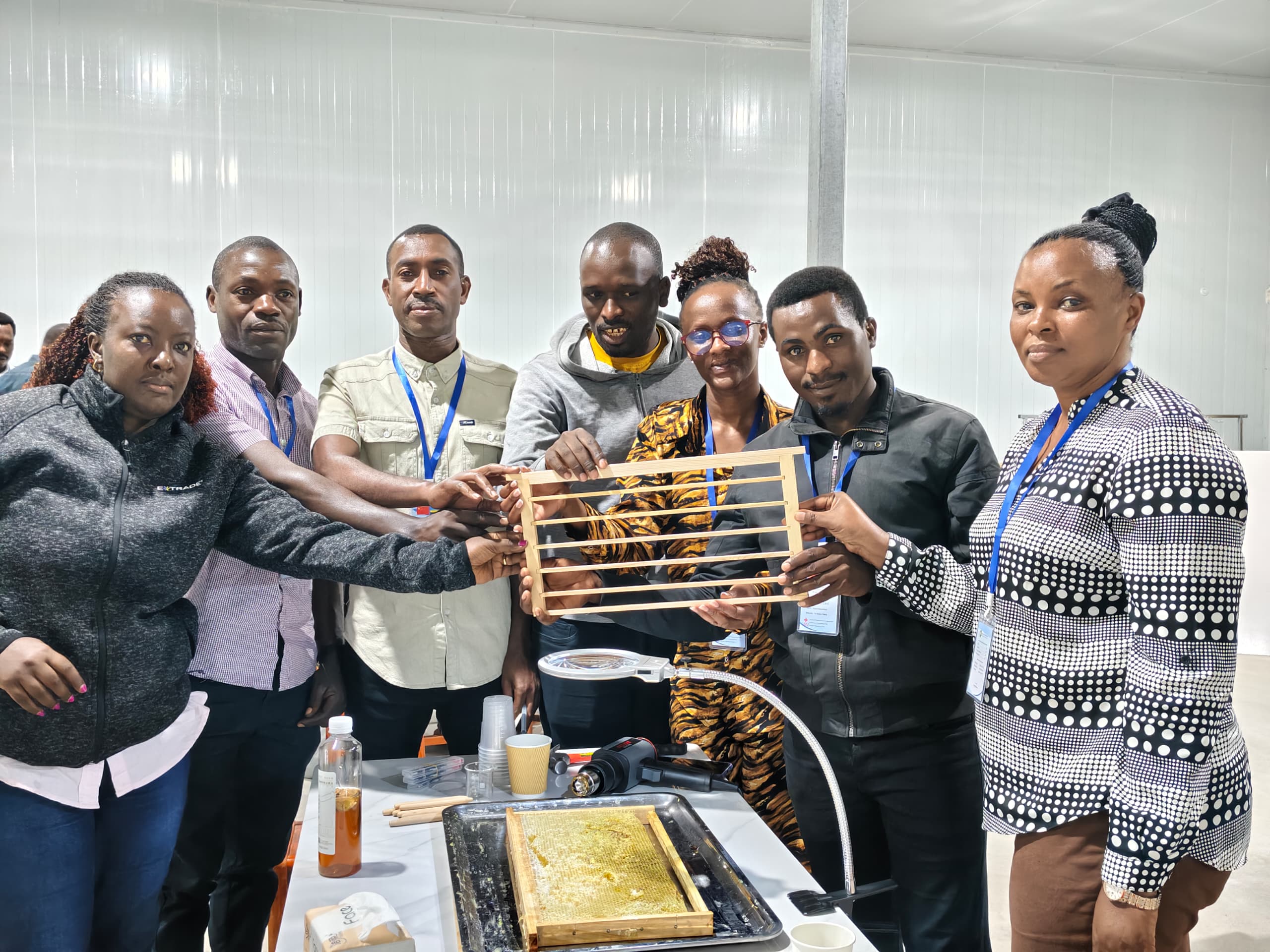
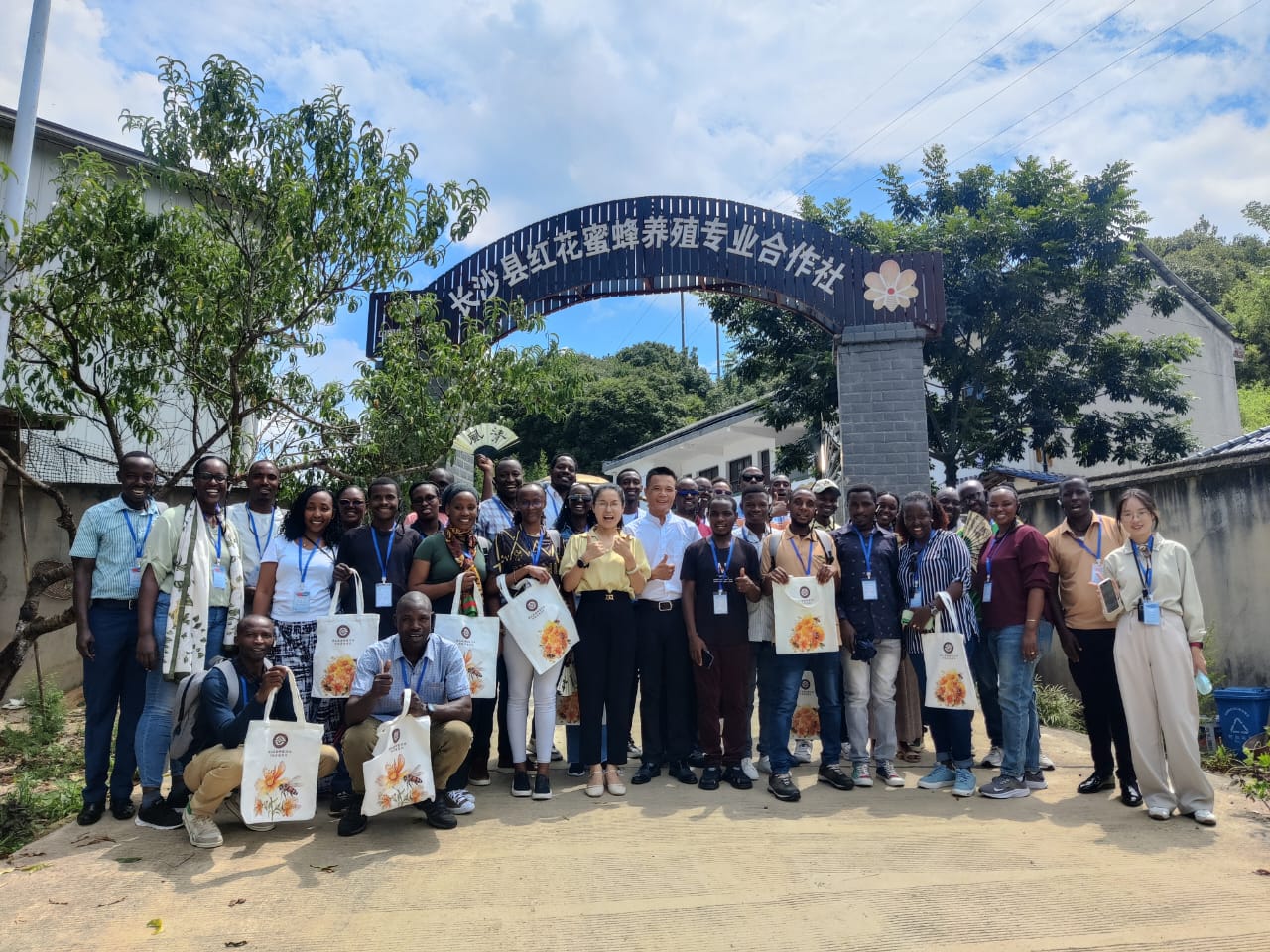
Related Articles
Strengthening Rwanda’s SMEs for Circular Food Systems: Embedding Circularity Beyond Project Implementation for Long-Term Transformation
As Rwanda advances its circular economy ambitions, small and medium-sized enterprises (SMEs)...
Powering Food, Restoring Land: How Renewable Energy and Regenerative Agriculture Are Transforming Rwanda’s Farms
Across Rwanda’s rolling hills, a quiet revolution is underway. It begins in...
Late February Weather Alert: Heavy and Above-Average Rainfall Forecast Across Rwanda
The Ministry in charge of Disaster Management (MINEMA) has issued a weather...
GBOX Launches AI Literacy Initiative to Support Rwanda’s Digital and Sustainable Development
A new Artificial Intelligence (AI) literacy program has been introduced last week...






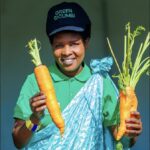


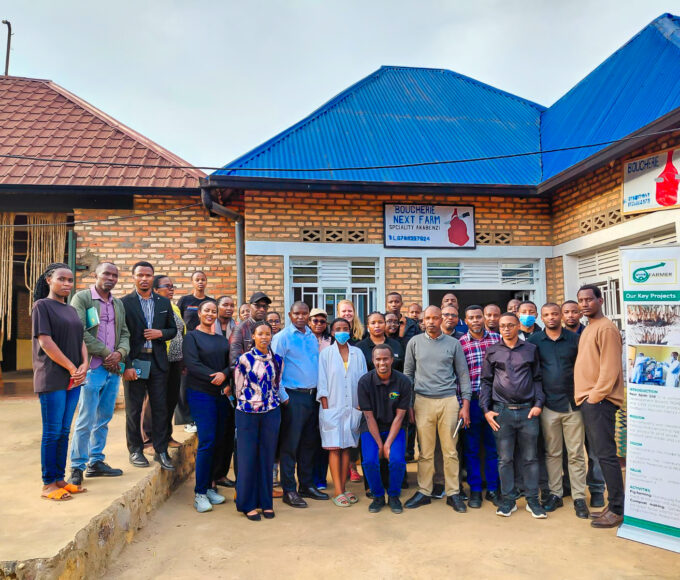


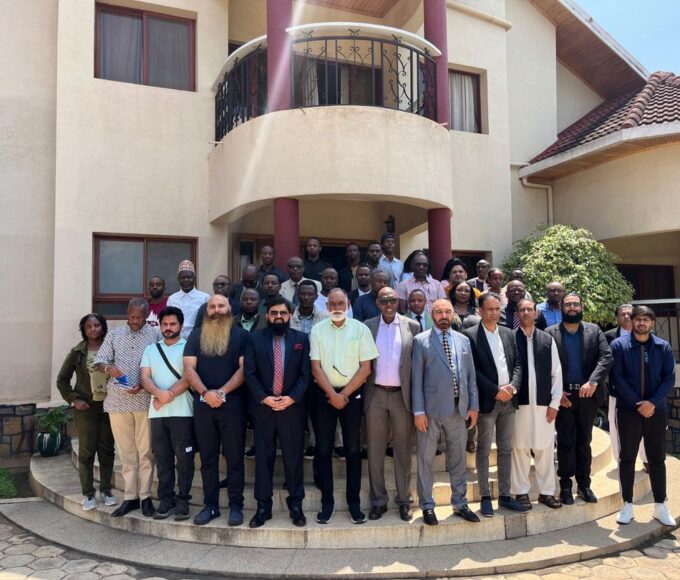
Leave a comment